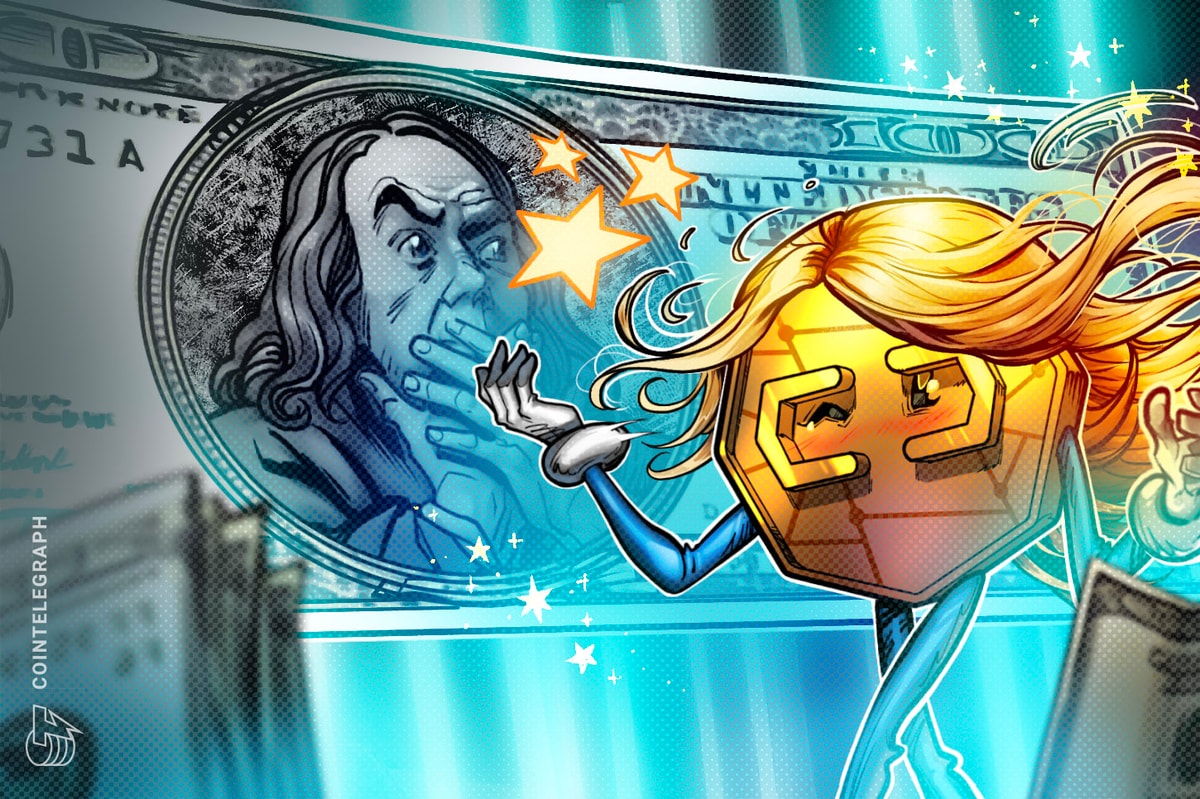Innocent people and businesses have reportedly been caught in the crossfire as Thai banks froze millions of accounts suspected to be “mules” for scammers over the weekend.
The nationwide crackdown began in August, and weekend reports suggest that banks have frozen three million accounts and imposed daily transfer limits on all bank customers in the Kingdom, according to reports.
However, the Cyber Crime Investigation Bureau (CCIB) reported on Sunday that bank accounts of innocent online vendors and merchants are being frozen too after scammers adopted new methods to launder stolen money, according to the Bangkok Post.
Meanwhile, the Bank of Thailand warned that more people could face freezes as authorities widen the dragnet and investigate mule accounts.
“We urge the public not to panic. The suspension is only temporary and will be lifted once checks confirm no wrongdoing,” said Digital Economy and Society Ministry secretary Wisit Wisitsora-at on Monday, adding that commercial banks may suspend suspect funds for up to three days, while the police may extend the suspension to seven days.
The Bank of Thailand just froze 3 million bank accounts overnight & capped transfers at $1.3k–$5.5k/day to fight scams.
You can’t freeze bitcoin. pic.twitter.com/J4PzTyd6CC
— Sasha Hodder (@sashahodler) September 14, 2025
Chinese-affiliated call centers, often based in neighbouring countries, have targeted Thailand this year with online scams, luring victims with social engineering attacks.
Earlier this month, the Thai Police launched a full-time joint operation with Japan and India, as part of ongoing efforts to dismantle call center syndicates.
Foreigners targeted
Expatriates residing in the country have taken to social media and online forums in droves to complain about being debanked or locked out of banking services in the country recently.
Several have seen their accounts at specific banks arbitrarily frozen or restricted for weeks with no explanation. Resident foreigners now have to register their biometrics at their local bank in person and follow strict Know Your Customer procedures to make larger transactions with the mobile apps.
Bitcoin could be the answer
“Thank you, BoT, for the free Bitcoin marketing,” said crypto and technology investor Daniel Batten in response to the news.
“This should be an international story. Thank god for Bitcoin,” said Jimmy Kostro from the Thailand Bitcoin Learning Center.
Related: US banks moved $312B in dirty money, but critics still blame crypto
However, affected Thai residents could have trouble under the current laws. While Bitcoin and crypto trading remain popular in Thailand, the central bank has outlawed the use of digital currencies for payments.
Thai central bank in talks for workaround
The limits of 50,000 baht ($1,570) were imposed in August by all banks nationwide in response to a wave of call center fraud with scammers using mule accounts to launder money.
Some merchants have temporarily stopped accepting QR payments while account holders are reportedly withdrawing funds over fear of potential freezes.
Amid growing public concern, the Thai central bank has held discussions with the CCIB on a workaround for the account freezing process and transfer limits for law-abiding account holders.
Magazine: XRP to retest highs? Bitcoin won’t go sideways for long: Hodler’s Digest
Read the full article here















